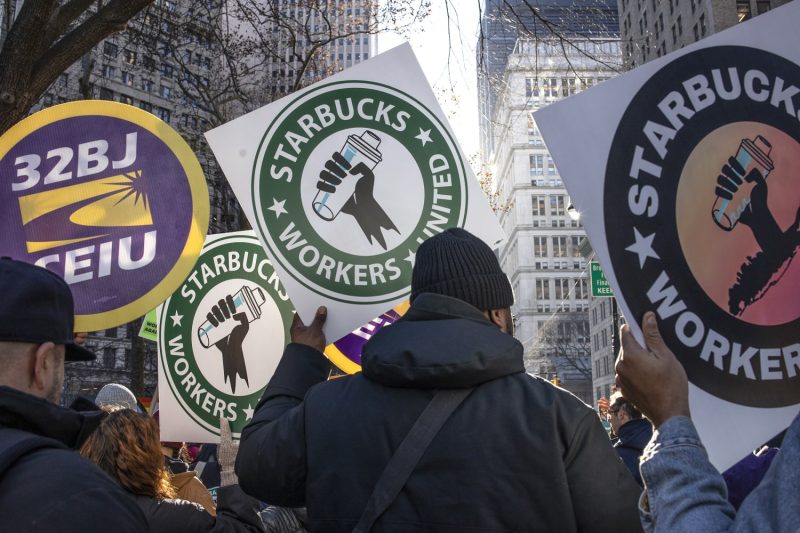In a move that signifies a new trajectory in the workplaces of Starbucks, the recently announced CEO, Brian Niccol, has made fervent commitments to work with, and not against, the unions. As discussions progress, the importance of Niccol’s promise to labor unions cannot be understated, as it marks a change in the corporation’s attitude towards its employees’ welfare and rights.
Starbucks, with its sprawling network of coffee shops across the globe, finds itself amidst rising pressure from labor unions in different countries. The pressure emerged from various worker grievances, majorly centering around better wages and working conditions. In the United States, complaints surfaced from employees about Starbucks’ intervention in their attempts to unionize. This predicament pushed the company to make a public commitment to neutrality in December 2021.
Stepping into this challenging environment, Brian Niccol, the newly named CEO, carries in his job description the intricate task of navigating through this turmoil and forging a healthier relationship with labor unions. As former CEO of Chipotle and Taco Bell, Niccol brings with him a rich tapestry of experiences where he significantly turned around Chipotle’s culture through a series of strategic transformations amidst food-safety crises and labor issues.
His approach towards labor unions and the rights of workers stands as an encouraging herald of positive change at Starbucks. During a meeting with analysts, Niccol agreed, Unions are a part of our business, and we are open to working with them. This testament reveals a promising shift towards a more employee-centric ethos. Going forward, the priority will be establishing a balance maintaining the business and ensuring the fair treatment of its employees.
However, two significant issues hinder the process. Firstly, Starbucks companies one of the nation’s largest service-industry employers, which is primarily non-unionized. Turning this around will require an enormous effort at a macro-level involving not just a change in employee relations, but also significant modifications at the organizational level.
Secondly, the battle here isn’t merely against non-unionization, but also involves a transformative change in attitudes towards workers’ rights. Historically, Starbucks has been accused of engaging in union-busting activities, as per allegations by the Union Starbucks Workers United. Ensuring that this image is effectively rewritten to reflect a more supportive stance will undoubtedly be a considerable challenge.
Nevertheless, Niccol’s statement stands as a beacon of hope for all Starbucks workers, as well as the larger workforce within service industries. It can potentially inspire other corporations to emulate similar changes, thereby creating more secure workplaces for their employees.
While the pathway towards a cooperative relationship with unions is long and winding, the commitment made by Starbucks’s new CEO is a sure start towards change. Only time will reveal how these promises turn out and whether they bring about the large-scale transformation that so many Starbucks employees, and indeed, service-industry employees worldwide, want to see. But for now, the future looks decidedly more hopeful under the leadership of Brian Niccol.
